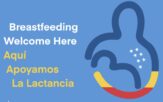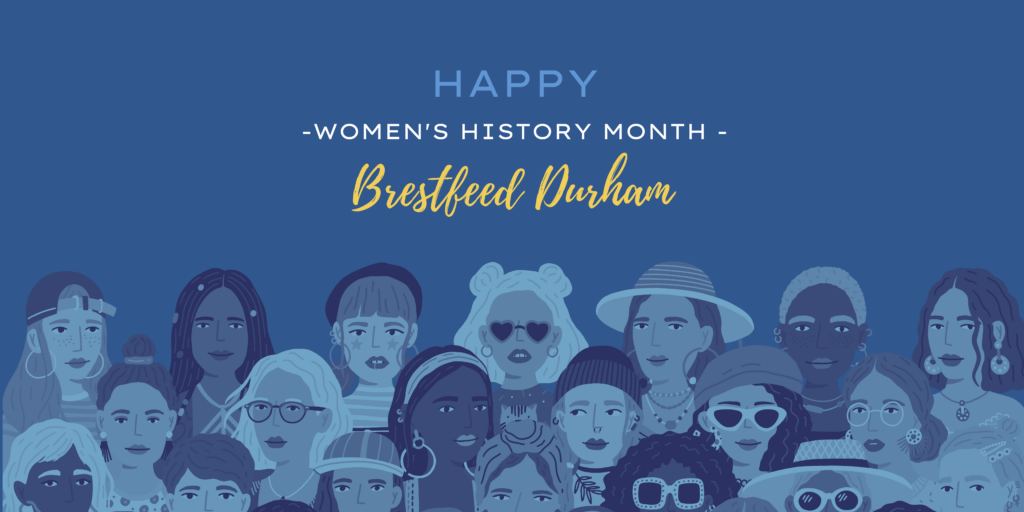As we step into March, celebrating Women’s History Month offers us an opportunity to reflect on the intricate tapestry of lactation history in Durham, North Carolina. This month, we honor the strides women have made throughout history and the evolution of lactation practices, highlighting the diverse experiences that shape them. Breastfeed Durham stands at the crossroads of gender, queer identity, race, and community well-being, driving forward a more inclusive understanding and support system for lactation. Breastfeed Durham champions this diversity, in the hope that every individual’s lactation journey is supported and valued, inclusive of all gender identities.
The narrative of lactation in Durham is as rich and multifaceted as the city itself, deeply intertwined with its social, economic, and racial histories. My children and I drive past Historic Stagville, every week. Stagville Plantation, at its peak, was one of the largest plantations in the South, encompassing thousands of acres and enslaving hundreds of African Americans. The legacy of Black wet nurses casts a long shadow, highlighting issues of racial inequity and the commodification of Black women’s bodies. Yet, this same history is marked by resilience and empowerment, as lactation became a form of resistance and reclaiming of autonomy, particularly vivid during the civil rights movement. The journey of lactation in Durham cannot be fully understood without acknowledging the racial disparities that persist. Systemic barriers, historical mistrust, and a lack of culturally competent lactation support have contributed to significant gaps in lactation rates among communities of color. Through advocacy, education, and partnership, Breastfeed Durham will continue to work to bridge these gaps, advocating for equitable lactation support for every family.
As we commemorate Women’s History Month, reflecting on Durham’s lactation history through the lenses of gender, queer identity, and race allows us to appreciate the depth and breadth of lactation experiences. Our relentless pursuit of inclusivity and equity lays the groundwork for a future where every lactating individual is empowered and supported. This journey towards a more inclusive lactation community is not just about enhancing maternal and child health—it’s about weaving a stronger, more connected fabric of support that uplifts all members of our community.

